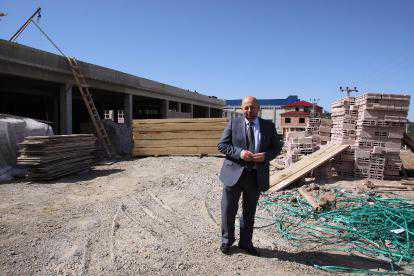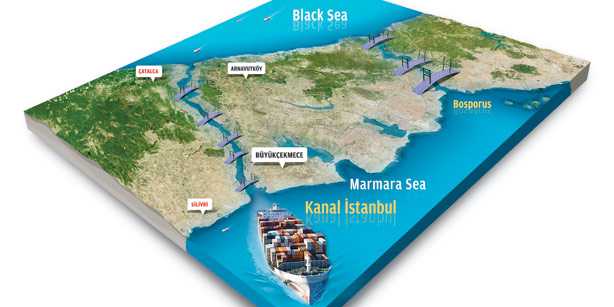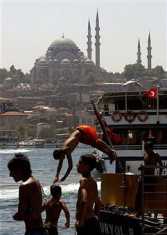A recent poll carried out by Msearch INAC among 70 top-level executives of multinational companies operating in Turkey has found that 75.7 percent of the executives preferred hiring local people with multinational work experience, a major factor that the company heads cited behind success both in Turkish and surrounding markets.
Msearch INAC released the results of a poll titled “Talent Migration: Turkey, the Gateway to the East” conducted between April 26 and May 9 on Monday at a pres conference in İstanbul. The poll looks to define the core trends among executives in meeting the growing demand for a qualified labor force.
Companies polled covered a range of sectors from construction to finance and consulting to farming firms and most of them provide services to the surrounding region from their Turkey headquarters. The poll encourages executives to discuss Turkey’s role as a leading provider of quality labor force to the markets of Asia, Middle East and Africa.
Asked about which employee profile they tend to recruit, 75.7 percent of the responders said they preferred hiring local people with multinational work experience. Of the 70 executives, 15.7 percent said they do not look for work experience abroad but are fine with only hiring local employees, while the remaining 8.6 percent said they would rather hire expats with relevant market experience. About 70 percent of the respondents said they would prefer to recruit either local talents or the existing executive from central headquarters for their expansion projects into new markets. Asked whether they have a specific market preference to be relocated, 42.9 percent responded in the affirmative and chose Eastern Europe. An overwhelming majority, 74.3 percent, said the basic factor that would motivate them to move to a new place for work was career advancement. Among the managers 54.3 percent said they would prefer to manage a larger and established organization in case of relocation.
Speaking at the conference, BSH Home Appliances Turkey head Norbert Klein said they placed focus on hiring Turkish employees for operations in Turkey. “We need local people if we want to grow in a market that we have limited knowledge of. … What we are trying to do is to keep the business local,” he said, adding Turkish employees could be more flexible and efficient when compared to expats who would experience problems in reorienting to Turkish markets.
Netherlands Chief Consul in İstanbul Onno Kervers said well-experienced and highly educated Turks living in Netherlands — who he identifies as Dutch-Turks — would help Dutch companies operating in Turkey run their business better. “Because they can understand each other relatively better … and these Dutch-Turks would serve in major positions for Dutch firms’ operations in the region,” he added.
One prominent detail in the poll was that the majority of the managers said the search for global talent will become an important issue in the next decade, indicating that companies will exert increased effort for what is described as “head hunting.”
via zaman






